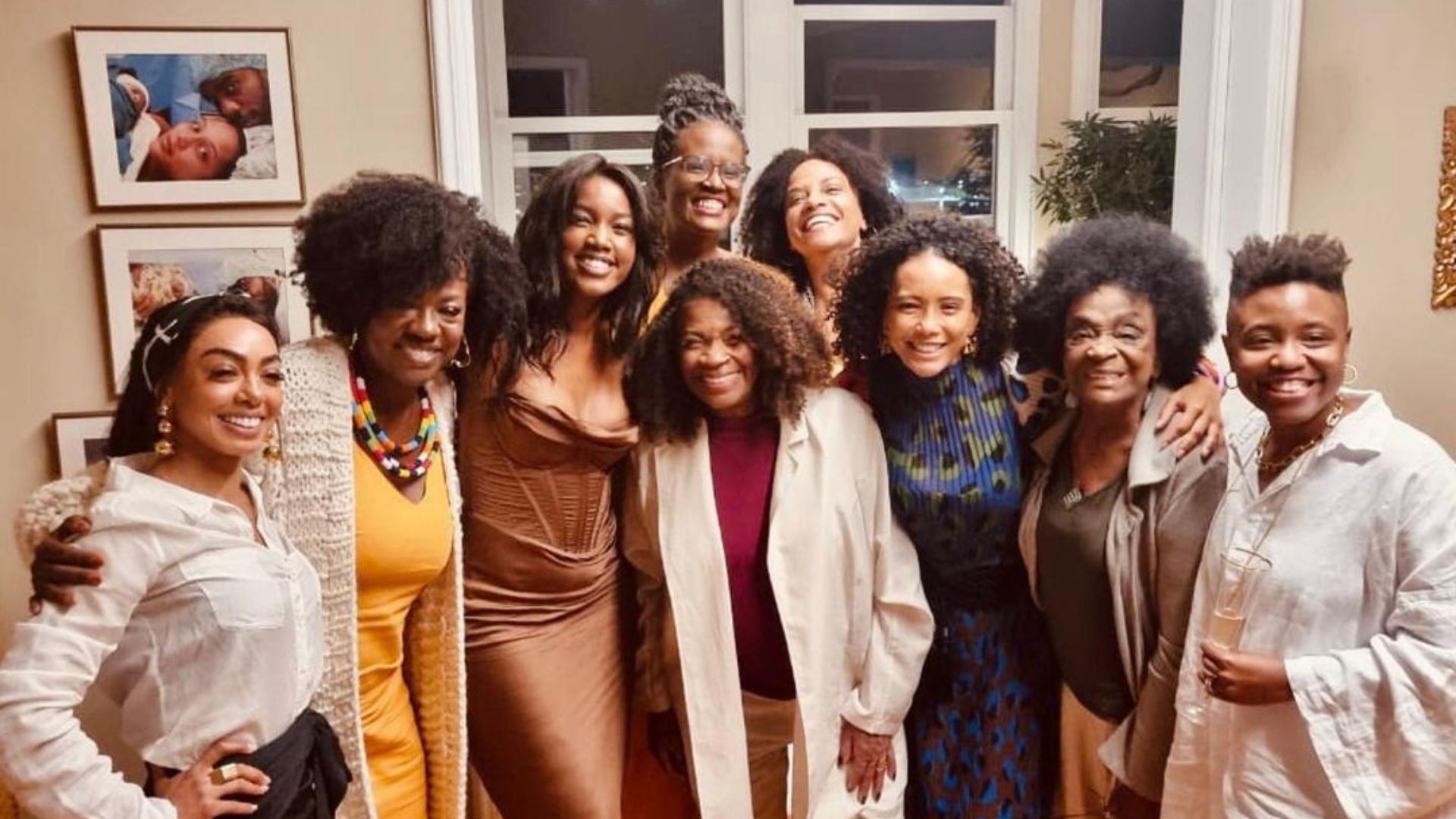When Black Doesn’t Mean Poor: Racial Representation In ‘A Favorita’
As it is the case for most Brazilian productions, A Favorita foregrounds realism and addresses current issues of Brazilian society. In my previous entries, I discussed how the telenovela addresses LGBTQ+ representation and the line between reality and fiction. In this analysis, I discuss racial representation in the light of social status.
A Favorita introduces an innovative factor when addressing the matter of race and social status. Differently from other productions from the early 2000s, it does not introduce black characters as tokens of race: these are not underdeveloped characters who either exist as comic relief or to motivate the white. In A Favorita, these are multifaceted individuals placed in an environment that transcends poverty. The key characters in this scenario are Romildo Rosa (Milton Gonçalves) and his children, Alícia (Taís Araújo) and Didu (Fabrício Boliveira).
Romildo is a widower and the head of the Rosa family. His story breaks with the traditional journey of a poor black father struggling to raise his children in the slums. On the contrary, it is a tale of high-class corruption and crime. Romildo is a man of power: he is a corrupt congressman who profits from weapon trafficking. The racial trope is reversed as Rosa nurtures crime instead of being a product of it. He is ambitious and selfish, and constantly puts his own interests over those of his family.
His son, Didu, is an irresponsible alcoholic who is a constant source of frustration. Didu is a black playboy, a somewhat innovative character for the telenovela genre. Despite Romildo’s best efforts, he fails to pursue a career in politics due to his lack of interest in societal issues. For Romildo, the benefits of bringing his son into politics are twofold: it allows Didu to hide his irresponsibility in civil service and it provides him with the possibility to expand his own influence.
The key character for racial representation is Romildo’s daughter, Alicia. Alícia is played by Taís Araújo, one of the most prominent black names in the Brazilian telenovela industry. Taís rose to fame for her role as Xica da Silva in the Rede Manchete’s eponymous historical telenovela (1996), and went on to become the first black lead in a primetime telenovela (Da Cor do Pecado, 2004). She was also the first black actress to play the iconic role of Helena in one of Manuel Carlos’s productions (Viver a Vida, 2009). Because of her commitment to black issues in Brazil, Taís Araújo’s casting has grown to become a symbol of a well-developed POC character – either for the writing or acting.
Alícia is no different: she foregrounds issues of female embodiment and race. She is a black artist born into a wealthy family who sees her body as an instrument of art. From her introduction in the first episode, we learn that she is critical of her father’s misdeeds and constantly threatens to blow the whistle on his crimes. When Alícia and her father argue over sponsorship for her art exhibit, she takes off her clothes in the middle of his political rally to steal media coverage. The fact that her body is neither shown or teased on television is an example of how she weaponizes her body against her father, but does not offer it to the viewer at home. Despite exposing her body, Alicia is a challenger to the oversexualized view of black women in Brazil. She is depicted as trendy, well-dressed and highly educated. Her body belongs to her, not to the viewers.
Alicia is also a catalyst in the story. It is after she is hit by a stray bullet that her father reconsiders his deeds with organized crime. Alicia survives the accident and gets to watch life change completely around her. She is not a victim of crime in the slums. She is a victim of the manipulative upper-middle class.
Together, Romildo, Didu and Alicia single out racial representation in A Favorita. They blur the lines of race and social status by being wealthy black characters who struggle with issues of the upper-middle class. These issues are no different from those observed in other white-centric telenovelas at the time. The twist is how races are swapped and the black are portrayed as rich while the white work for them. By inverting the tropes, the telenovela invites poor black people to see themselves as members of a different class and white people to reconsider their treatment of minorities by watching them behave as one of them.
/i.s3.glbimg.com/v1/AUTH_ee6202d7f3f346a7a5d7affb807d8893/internal_photos/bs/2022/Z/E/YmvhxrRh2JS321rjzXLw/20080809-a-favorita-jm-004.jpg)



Hola Jean. Me encanta tu comentario sobre la inversión de tropos raciales para mostrar una nueva forma de pensar sobre el estatus a la audiencia. Pienso que en mucho del entretenimiento en los Estados Unidos hay estereotipos tan arraigada en la cultura que los espectadores permanecen pasivos respondiendo a ellos y corrigiéndolos. En una de mis clases de publicidad en este momento, estamos aprendiendo cómo los estereotipos son simplemente un atajo perezoso para apelar a un cierto demográfico mientras que no hace caso de otros. Las telenovelas tienen el potencial para influir la cultura de cada sociedad, así es necesario que las productoras comienzan a prestar atención y crear contenido que rompe las normas de la sociedad como en 'A Favorita'.
ReplyDeleteHi Jean! I think this is a really great insight. Feeling represented in media is so important for minorities; everyone deserves to have a character they can relate to. A telenovela like A Favorita is crucial to society because it flips the narrative that we are used to seeing. Another popular show that does something similar is Bridgerton on Netflix. This one came to mind for me because the wealthy families in it are made up of many different races and ethnicities. The success of these two shows hopefully means that more non-stereotypical narratives will continue to happen in the future!
ReplyDelete